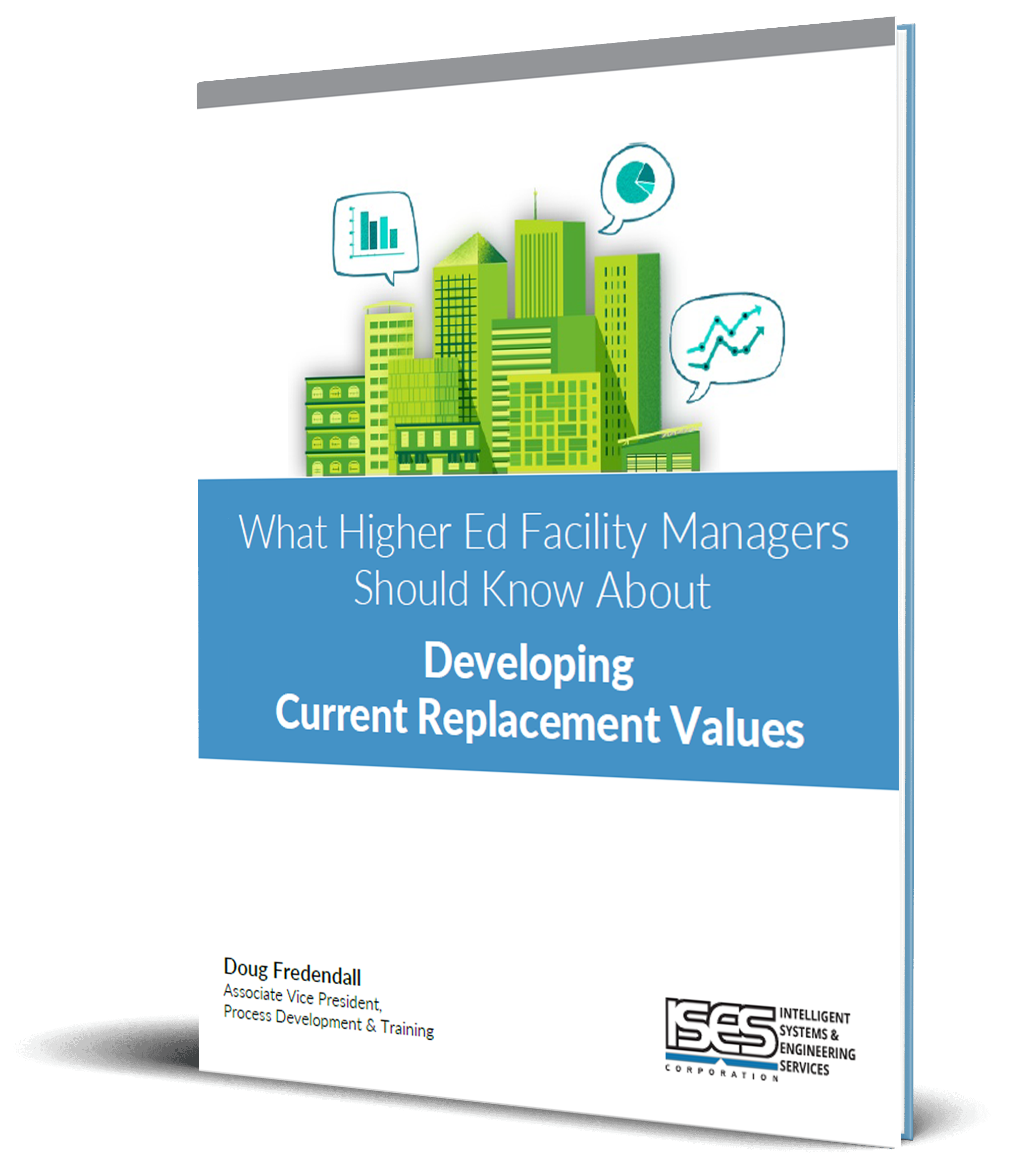An FCA is a planning tool that demonstrates the relationship between financial investment and physical condition. The objective is to identify, classify and prioritize renewal needs for long-range funding. When properly planned and executed, a comprehensive FCA also captures the knowledge of the facilities maintenance and supervisory staff. It also reflects the priorities of your institution’s financial planners
-
What kind of data can I expect?
A wide variety of services today are being touted as FCAs. Vendors have different methods for capturing and reporting their findings. Select the approach that helps manage your workday – not the one that gives you a never-ending to-do list.
There’s also a number of facilities management software applications designed to help you streamline work orders, track equipment and automate maintenance workflows. These provide valuable information, but none are substitutes for a comprehensive assessment of your facilities portfolio.
Confused by all the options? Be sure to review ASTM E2018-15, which is the standard guide for Property Condition Assessments. It defines best practices for conducting baseline FCAs and should be used to set your expectations.
-
What kind of internal resources am I willing and able to commit?
If time and resources were unlimited, you’d perhaps be conducting FCAs inhouse instead of outsourcing them to an FCA provider. We know the reality is that you don’t have extra anything on your hands. However, the more you’re able to contribute, the better your results.
Expect to be asked for:
- facility floorplans
- existing information such as capital budget program information, capital project lists, special studies and building maintenance history
- access to operations and maintenance personnel
- facility keys or building escorts
As ISES Corporation conducts assessments, we ask the client to remain closely involved. This assures an accurate and well-rounded perspective of the facilities and increases the value of the FCA data.
We’ll always shoulder as much of the load as possible, but we lack the owner’s historical knowledge. We find it helpful for our assessment teams to be accompanied by maintenance personnel familiar with the building. An escort with unique building knowledge is able to share a wealth of information that may not be visually apparent. (For example, on a sunny inspection day, assessors are not likely to be able to determine that a window is leaking.)
-
How qualified is the FCA vendor?
FCA providers offer different approaches to the qualifications of their personnel conducting the evaluations. Some firms use MBAs, while others use registered architects and engineers. You’re better off with a firm that’s staffed with experienced facility assessors or facilities management professionals. You want assessors with a background in and personal knowledge of the challenges you face in facilities operations. Are they walking every building from top to bottom, or are you getting a drive-by assessment via a sampling method?
It’s also important to explore the qualifications of the company itself. FCAs should be a primary service and be backed by an extensive history and a long list of distinguished clients. Vendors range from corporate conglomerates to independent small businesses. Consider what type of firm best suits your needs. Do you want a firm that provides the data then gets out of your hair or are you looking to build a long-term relationship?
-
Lifecycle modeling vs. comprehensive assessments. Which do I want?
It’s important to know what type of FCA you’re getting because these two methods produce different data outputs. Lifecycle modeling (LCM) involves applying benchmark standards to a facility portfolio and extrapolating facility renewal needs based on those standards. Modeling approaches vary from advanced to simplified, which is reflected in the data results. In some ways, it’s like estimating your future facility needs using hypotheticals.
Comprehensive assessments are developed using extensive and detailed data – yours. The study is in-depth and accounts for actual needs and conditions. This approach is also capable of addressing facility needs prompted by building code or use changes. The findings are factual and credible.
It’s important to define your objective before beginning any FCA program. If all you need is a bottom-line dollar amount and general averages to apply across your portfolio, an LCM may be for you. If you want to know more specifically when and where to focus that money, with actionable items and realistic cost estimates, go with a comprehensive assessment.
Consider your answers to these questions when developing your scope and selecting vendors. Although it requires some due diligence on your part, the benefits will return that investment many times over. The goal is to get what your organization wants, expects and needs. Good luck!


